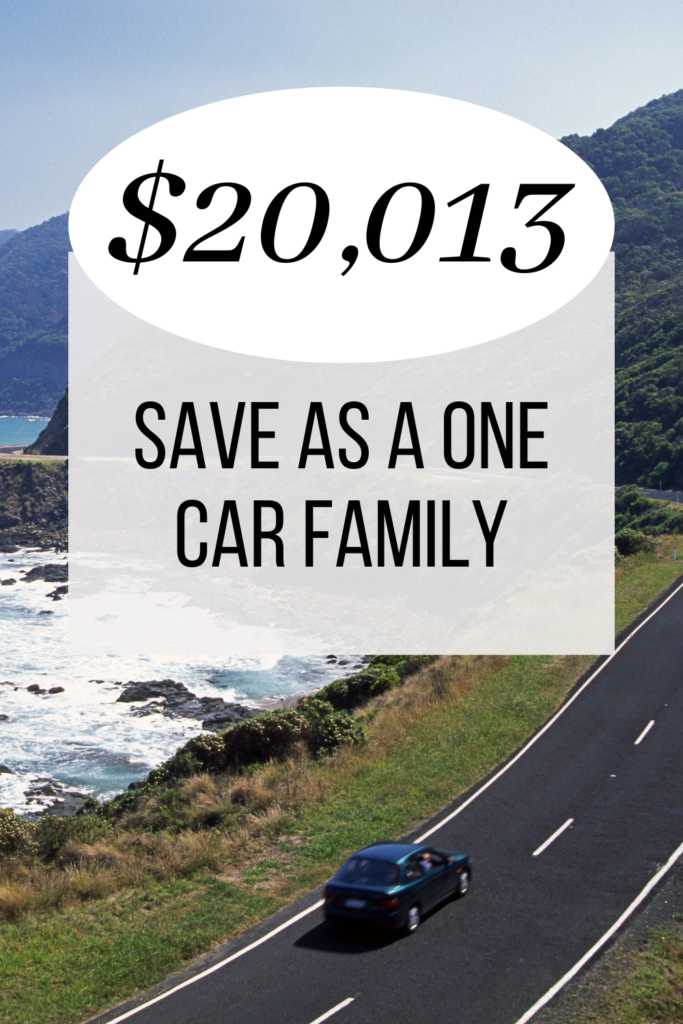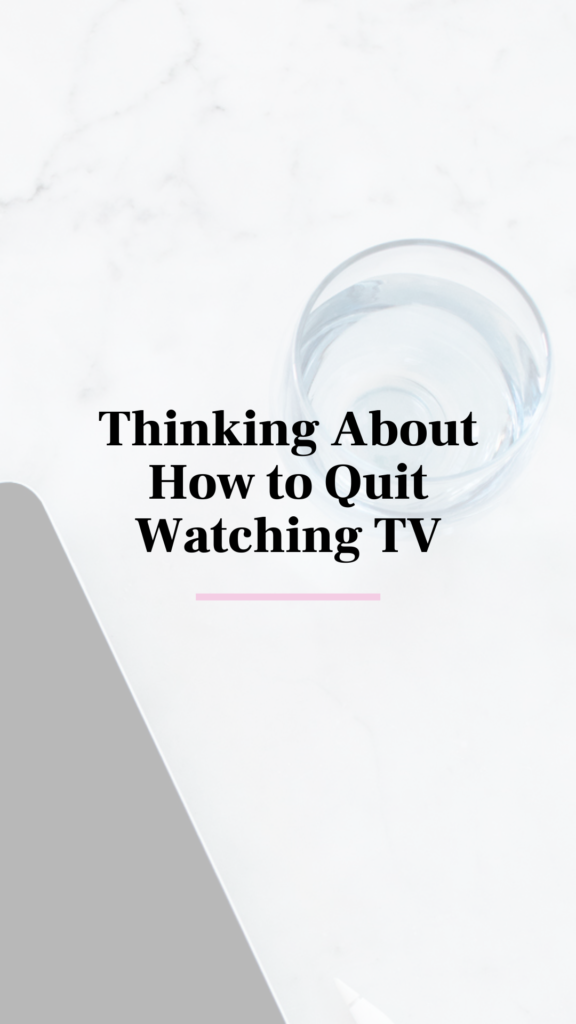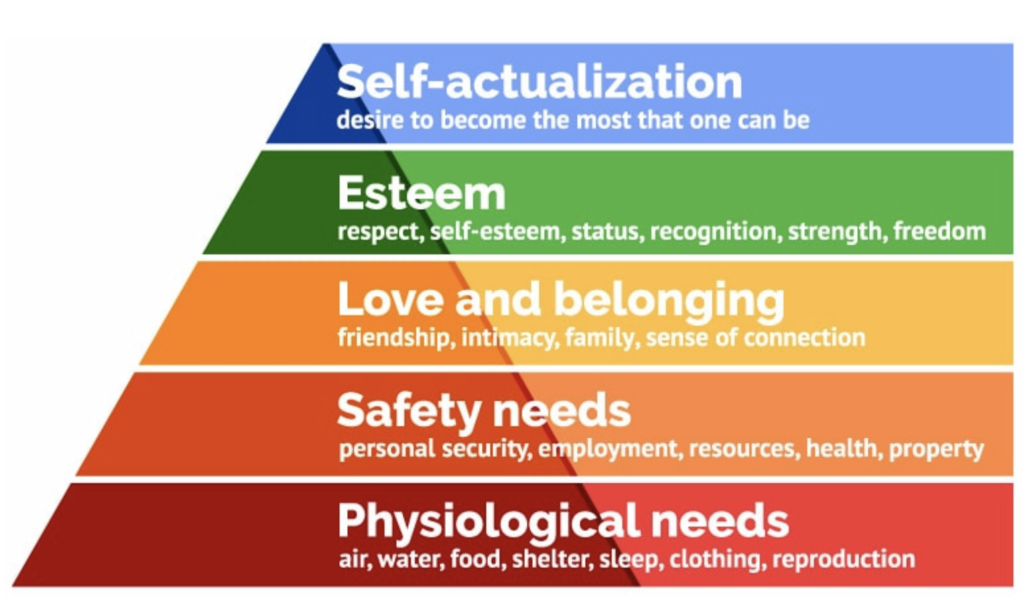9 YEARS LATER: Being a One-Car Family and Why You Should Consider it in 2023
9 YEARS LATER: Being a One-Car Family and Why You Should Consider it in 2024
How we save $20,013 a year being a one-car family. It started almost 9 years ago we I got married and we were a one-car couple – it worked for us back then but I’m here to say that even now, 3 kids later, it still works for us. Learn how you could save $20,013 a year too by becoming a one-car family might be the difference between staying broker or reaching your financial goals.
Way back in 2014, our little family of two made a bold decision to try and stay a one-car family for as long as possible. At that stage we both worked full time but in a similar direction from our house so each day I would drop off my now husband at his office before going to my office for work. Or if he had appointments that day and needed the car he’d drop me at work. It was a great way to stay connected to each others lives because we got to spend the car trip to and from work catching up and chatting about what we were excited for that day, what we were dreading or what wins we’d had that day.
Then almost two years later we were blessed with our own little human, and with the imminent arrival of our first child we faced a decision: do we stay a one-car family or do what everyone else we know has done and get a second car?
All our friends and even some family thought we should get a second car once the baby arrived (if not just before) even if it was a second hand, cheap old car. We were told “you really have to get another car” and “most people have more than one car already, when the baby arrives you’ll need a second car” and “do you really want to catch public transport to work, that’s such a pain”. Working in finance has certainly taught me that doing what every one else is doing isn’t necessarily to smartest financial decision in the long run and this felt like a moment where it was important to really stop, weight up the pro’s and con’s of continuing to be a one-car family before automatically going and spending $20,000 – $60,000 on a second car (they were cheaper back then), not to mention the cost of registration, insurance, maintenance and fuel.
After talking it over, we started to wonder whether we could get away with continuing as a one-car family.
We knew that buying a second car would add parking issues because we lived in an apartment with only one parking space. We would need to spend at least $20,000 for a semi-reliable second-hand old car, plus registration, insurance, maintenance which as time goes on would become more trips to the mechanic at presumably increasing costs and let’s not forget the cost of fuel (diesel or petrol because electric cars weren’t really a realistic option back then).
And all of a sudden we thought, if we’re financially going down to ONE (1) income for a little while WHY would we also add the cost of a second car which would extra financial pressure on us at a time when we’ll likely be sleep deprived and already feeling stressed as new parents!
So the decision was made.
We would try and continue to be a one-car family as a couple with a baby.
And if it really was too hard then we’d get a second car… like everyone else.
Do you know what happened?
It worked.
We worked out HOW to be a one-car family with a baby.
Then four years later we were blessed with another baby.
We now had two children and one car and we went through the exact same process of really working out for us, did we need a second car or could we STILL continue to be a one-car family.
And you know what, we worked it out and continued to stay a one-car family.
But this is where it started to get tricky.

Six years after our first baby was born, we found out that we had a third baby on the way.
This time our discuss about whether we should continue to stay a one-car family was a little different because it wasn’t JUST about the financial side of having a second car. This time we weren’t concerned about whether we’d be able to travel to all the different activities and work events we needed to, we’d over come all those obstacles.
This time the big question was do we upgrade to a bigger car because we would be a family of five and we only had a five seater car. With this third child we’d loose that spare seat.
We are still working out how to continue being a one-car family as a family of five but just like before I’m sure we’ll find a way. So you’re probably now wondering, Edwena how do you stay a one-car family, how do you make it work and why is it really worth it?
Why Being a One-Car Family Is Worth It
You might be starting to think that the hassle of being a one-car family isn’t worth the financial savings. In reality only you can decide that for your family but I still think we made the right decision to stay a one-car family even after having kids.
Here’s why:
- We are not paying $864 a year for a second car registration. The most common ‘unexpected’ bill family’s receive is that once a year car registration bill and every year it has increased from the year before.
- We eliminate the prospect of costly mechanics bills. The problem with having a car is the many “what-ifs” that come with them. The costs of replacing the radiator, or engine timing chain, or having ‘hard to find’ electrical issues that keep that one ‘fault’ light on the dash on.
- We are able to save more. Don’t believe me?
The Australian Automobile Association transport affordability index shows us the data that owing a car in Australia can cost you up to $20,013 a year (Q4 2022).
Personally we’d rather spend that money on travelling overseas for an awesome holiday or invest it (during covid) than spend it on a car but again… we aren’t like everyone else. - Our family also has a lower carbon footprint by not having a second car. If you are concerned about your family’s impact on the environment then being a one-car family should be a no-brainer for you. This report from 2018 (which hasn’t been updated since) states that “a typical passenger vehicle emits about 4.6 metric tons of carbon dioxide per year”. Just something to think about.
How Being a One-Car Family Works
It’s now been almost 9 years and we moved homes to live in suburbia, and are still a one-car family. How do we do it? Well it isn’t that hard. Here is how we do it;
1. Walking
Seems logical that walking would be the first option but when you have a car the automatic default option for people is generally to drive even if were you are going in only a short distance.
Coffee is our ‘little luxury’ and is an important part of our morning routine so for our family we walk to our local coffee shop almost every day. We walk to the park, sometimes the supermarket and sometimes we just walk up and down the street – to burn our kids energy levels a little before nap time.
2. Sharing The Car With a Little Planning
This is SUPER important and I can’t emphases how important it is to plan ahead and communicate those plans with your partner.
Juggling working and kids is tricky and no-one questions that. But in order to be a one-car family communication about appointments coming up and social activities is the only way to make sure that you don’t accidentally both want to use the car at the same time.
For us we have full visibility to each others calendars. This means that before I book an appointments or my husband books any appointments where we will want to use the car – we check our diaries first. It’s not hard but it takes a little getting used to at the beginning.
3. Getting Dropped Off
I told you about how before we had a kid we were a one-car couple and mentioned that I used to drop my husband off at his office for work before heading to my office. Well, we still do that. The difference now is that when one of us is getting dropped off the other is probably then looking after our kids.
This can mean that sometimes one of us gets dropped at the office, the airport or a cafe before we need to be there but when you have kids, a little bit of quiet time before a meeting starts isn’t a bad thing!
4. Using Public Transport
Were we live there a bus line which takes you to the train station and from there its a 1 hour train trip into the city centre. It is clearly by no means quick but it is an available option.
Most cities have some form of public transport options available. Not all towns do but cities certainly.
Public transport is often considered a sub-par way of travelling in America but certainly in places like Hong Kong, Melbourne, Singapore using public transport is almost the norm.
If you live in an area where public transport is an option – use it. It is generally cheap and a little smile might help you discover some friendly people (yes I’m a big fan of smiling at strangers, sorry not sorry if you think that’s weird).
5. Borrowing a Car From a Family Member
I don’t like asking to borrow a car from family or friends but there has been one occasion when our car was going to be at the mechanics for longer than anticipated. I had arranged appointments with clients in an area where public transport wasn’t available and catching a taxi or using a car riding app was going to be too expensive (over $100!).
Family and friends are an important part of community and I have found that when situations arise where we do need to borrow a car – we have been overwhelmed by just how generous our family and friends have been.
I think my Mum said it best “it’s a practical way of showing we care.”
6. Car Ride Sharing Apps
No doubt you’ve heard of Uber, Lyft and perhaps you’ve even heard of Shebah, the all women rideshare service in Australia.
Each one is a great service and I’ve used each one at different times including while travelling overseas.
Car ride sharing isn’t my automatic default when we are in a pinch to use a car. I am more likely to call a friend or family member or take public transport before using a car ride sharing apps service. This is just my personal preference but if it is late at night or I’m in a completely unknown city/country I’ll usually reach for a car ride sharing app for help.
I’ve found that when I am already struggling to navigate a city, then I’ll use one of these apps to help save time and the stress of working out how to get where I am going.
THANKS FOR READING
Knowledge itself is transformative which is why our blog exists;
it’s to help you.
Become a member of our Facebook community, simply hit the button below to join!








